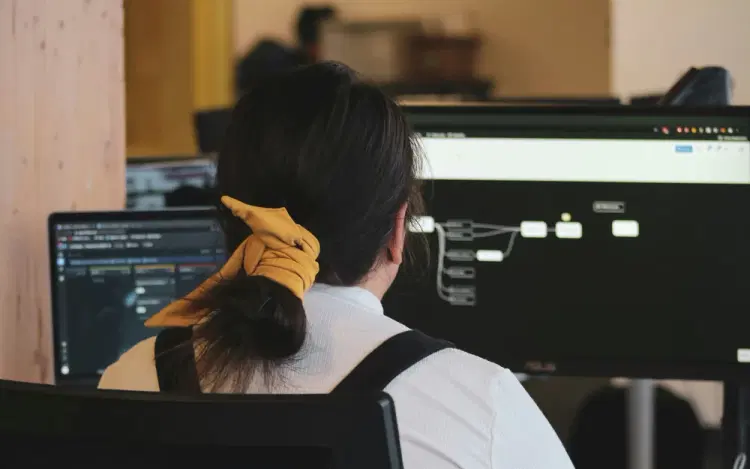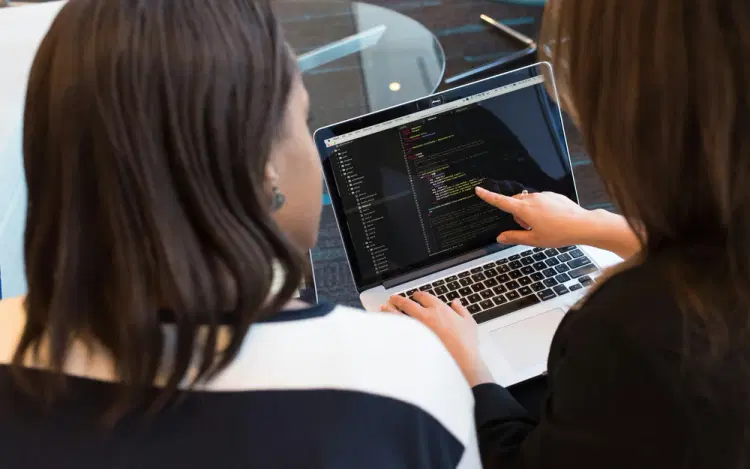
- The decade of 2000-2009 was a transformative period in the evolution of startup fundraising.
- According to data from the National Venture Capital Association (NVCA), venture capital funding plummeted from a peak of $94 billion in 2000 to just $19 billion in 2003, marking a stark reversal of fortune for startups and investors alike.
- Yet, amidst the challenges, opportunities abounded, as startups embraced alternative funding mechanisms, forged strategic partnerships, and laid the groundwork for the vibrant entrepreneurial ecosystem that continues to thrive today.
As we delve into the annals of startup fundraising from 2000 to 2009, we embark on a journey through a transformative era characterized by both exuberant highs and sobering lows. Amidst the dot-com bubble burst and the global financial crisis, startups navigated a complex funding landscape, leveraging diverse strategies to secure capital for their ventures. Through meticulous research and analysis, we uncover the nuanced dynamics of startup fundraising during this pivotal decade, shedding light on the trends, challenges, and innovations that shaped the entrepreneurial ecosystem.
The turn of the millennium heralded a period of unprecedented optimism and innovation in the startup world, fueled by the proliferation of internet-based technologies and the promise of the digital revolution. However, this optimism was soon tempered by the bursting of the dot-com bubble in the early 2000s, leading to a precipitous decline in venture capital investment. According to data from the National Venture Capital Association (NVCA), venture capital funding plummeted from a peak of $94 billion in 2000 to just $19 billion in 2003, marking a stark reversal of fortune for startups and investors alike.
In the wake of the dot-com crash, startups faced a harsh reality check as they grappled with dwindling funding, heightened scrutiny from investors, and a more cautious investment climate. Yet, amidst the wreckage of the dot-com era, seeds of innovation were sown, paving the way for a new wave of entrepreneurial activity and technological advancement. Startups began to explore alternative funding mechanisms, such as bootstrapping, angel investing, and corporate partnerships, as they sought to weather the storm and chart a course towards sustainable growth.
One notable trend that emerged during this period was the rise of angel investing as a viable source of early-stage funding for startups. High-net-worth individuals, often successful entrepreneurs themselves, played a crucial role in providing capital, mentorship, and strategic guidance to nascent startups. Angel investing offered startups greater flexibility and autonomy compared to traditional venture capital financing, allowing them to retain control over their businesses and pursue their vision on their own terms.
Furthermore, the 2000s witnessed the emergence of corporate venture capital (CVC) as a significant player in the startup funding landscape. Established corporations, eager to stay ahead of the innovation curve, began investing in startups as a means of gaining access to new technologies, talent, and market insights. According to research by PitchBook, corporate venture capital investment surged during the 2000s, reaching record levels and accounting for a growing share of total venture capital funding.
Despite the challenges posed by economic downturns and market volatility, the resilience of startups shone through as they adapted to changing circumstances and embraced new opportunities. The latter half of the decade saw a resurgence in venture capital investment, driven by a renewed sense of optimism and a growing appetite for high-growth, high-risk investments. According to NVCA data, venture capital funding rebounded to $30 billion by 2009, signaling a renewed confidence in the potential of startups to drive innovation and economic growth.






